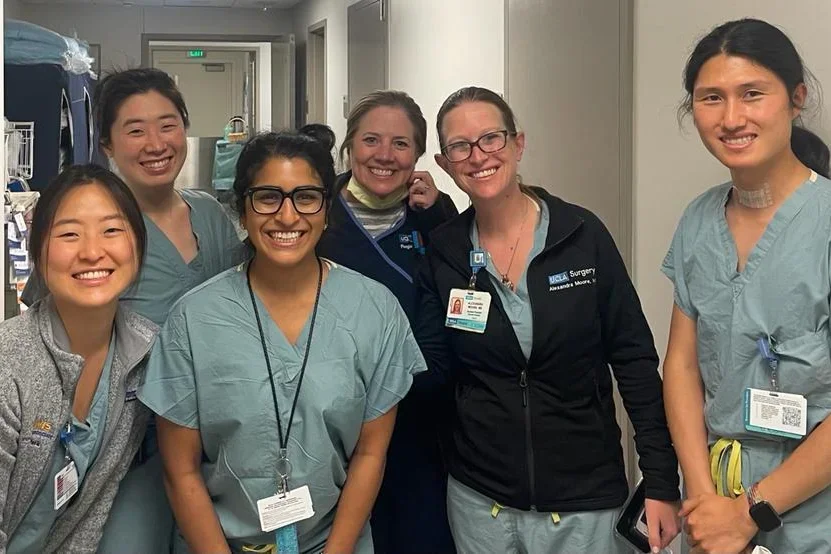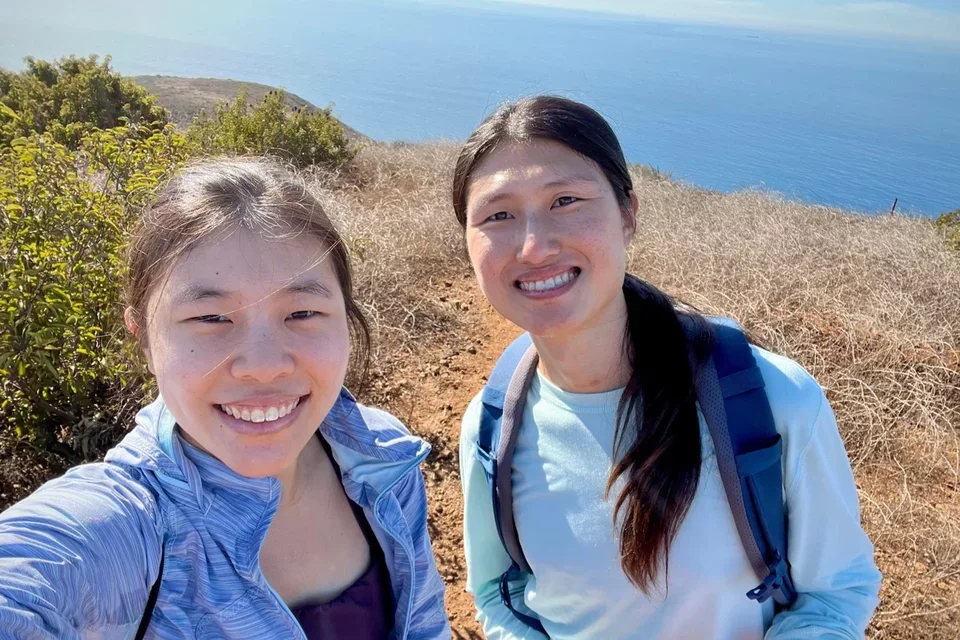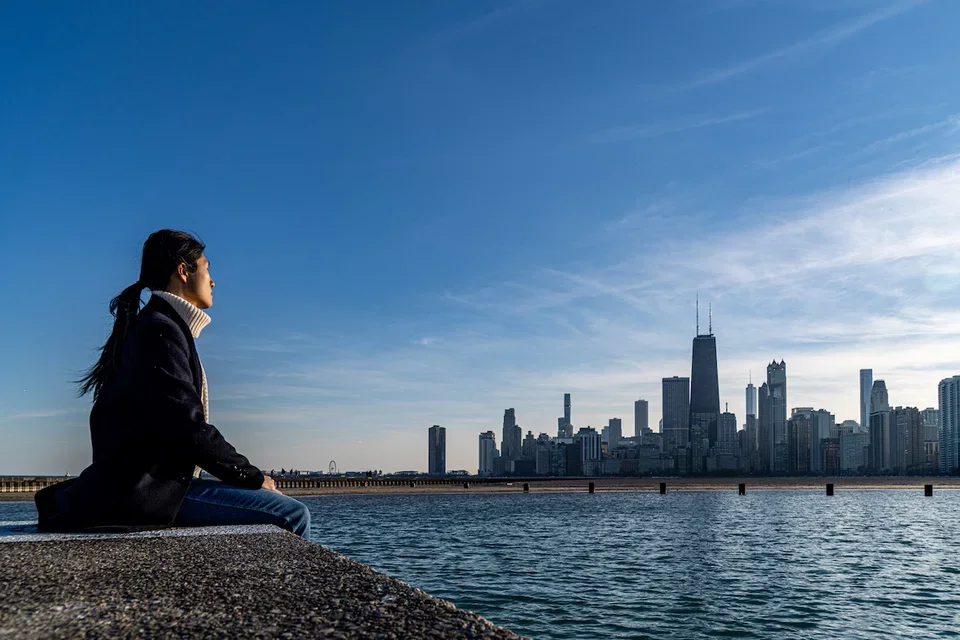Matching Into Residency: Xin Qi’s Story
Student Spotlight

- Specialty: Emergency Medicine
- Fun fact: Xin has a pilot’s license (and regularly uses it)
- Matched Residency Program: Massachusetts General Hospital/Brigham and Women's Hospital at Harvard Medical School
Meet Xin Qi
Xin Qi might be an airline pilot in China today, if they’d made different choices.
“Back in high school, I basically had the choice of becoming a pilot, going to a college in China, or going to college in the United States and studying anything I wanted.”
Xin chose the last option, and the “anything” they wanted to study was medicine.
I want to have a life of helping others and having fulfillment, and medicine does that for me.
Despite their conviction, leaving home to attend a United States college wasn’t easy, and Xin felt determined to make the most of their undergraduate experience. They worked as a healthcare interpreter and as a volunteer emergency medical technician (EMT).
“Those activities were important to me. They provided my first view into the U.S. healthcare system and were also testing grounds. They helped me answer two key questions: Can I be a provider? Do I want to be a provider?”
Xin answered “yes” to both questions.
Choosing—and Changing—a Specialty
Xin says UCLA’s rotations provided a comprehensive overview of all the different medical specialties.
“The core rotations were a great experience because UCLA has affiliations with so many clinical facilities,” Xin says. “They sent us to the most advanced hospitals and clinics in the UCLA- and county-wide systems. We had opportunities to learn from different patient populations, to learn from different attendings, and to learn in different clinical environments.”
After rotations, Xin decided to pursue surgery. They started fourth year with multiple surgery sub-internships on the schedule.
“My decision to specialize in surgery quickly changed after my first sub-internship,” Xin says. “I realized surgery was not the life for me, even though I love surgery, and I love the operating room. I wanted to try something else.”
Xin completely overhauled their schedule to switch to emergency medicine. The first sub-internship in this new specialty proved affirming.
“Experiencing what the emergency physicians go through helped me solidify my choice of emergency medicine.”
Providing emergency services, Xin saw everything from cardiac arrests to patients who had consumed too much alcohol. Each experience reinforced the importance of the medical profession.
“It really made me think about what role a doctor plays in a patient’s life and how we can sometimes guide people back to life and sometimes guide them to a good death, and all those things are truly important to me.”

A Day in the Life of an International Med Student: Applying to Residency Programs
International medical students face unique challenges when applying for residency programs, especially if they hope to stay in the United States to complete their training and begin practicing.
Xin says the most challenging aspect was identifying residencies that would sponsor an H-1B visa.
“Not many programs sponsor the H-1B visa. There’s a visa for exchange scholars, the J-1 visa, but that usually applies only to non-U.S. med-school graduates, which is not me.”
Thankfully, Xin had support in navigating the process.
“UCLA is a great institution for international students,” they say. “They’re very supportive of us. My faculty mentor was happy to email all the programs and ask if they sponsor the H-1B visa. That took the stress away from me.”
After getting past the minutiae of visa sponsorship, Xin felt excited and energized by the residency application and interview process.
“I loved listening to what each program had to offer because there are so many things that are different about each program even though it’s the same specialty,” they explain.
“Some programs are more academically focused, some have a lot of different subspecialties at the hospital where you can consult. Also depending on the program’s location, there will be different patient populations and that means different pathologies.”

Waiting For Match Day
Waiting for Match Day, when medical students across the United States learn where they match for residency, many students feel anxious, to say the least. Xin refused to let anxiety disrupt their last months in medical school.
“There's good stress, and there's bad stress. We tend to turn our stress into anxiety and not be very productive about it.”
They reminded themselves that they’d already been through the hardest part of starting a medical career: Getting into a good medical school.
“If you get into a good medical school and focus on being a good student, everything will work out in the end.”
They kept their mind off the uncertainties of the future by remaining present. They biked up and down the California coast, logged some flying time, and expressed gratitude for the relationships they’d made throughout their medical journey.
“I am thankful for everyone’s mentorship and support. That’s what made my dream a reality,” they say.
“I had support from research mentors during my pre-clinical years and marvelous clinical teaching from residents, attendings, and patients in a world-class medical system. My classmates are also amazing friends who always lift me up when things become stressful.”

Looking Forward to the Next Steps
Xin matched into an emergency medicine residency with Harvard Medical School’s Massachusetts General Hospital/Brigham and Women's Hospital, their number-one choice.
“I did my away rotation at Harvard EM last August, and I enjoyed the patient volume, pathologies, and acuity there,” Xin says.
“The residents and attendings are truly amazing and friendly people with varied interests. I’m excited to continue my lifelong adventure in a new hospital, on a new coast!”



